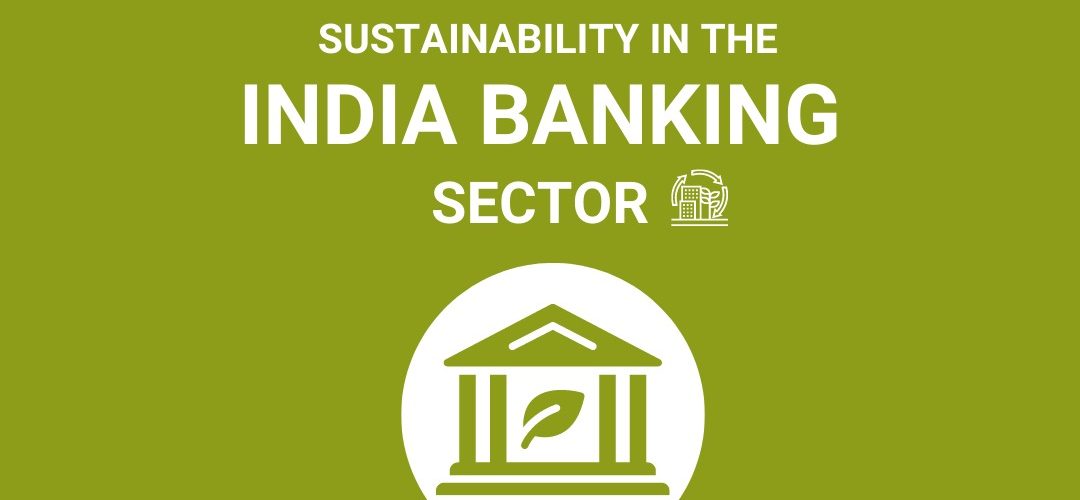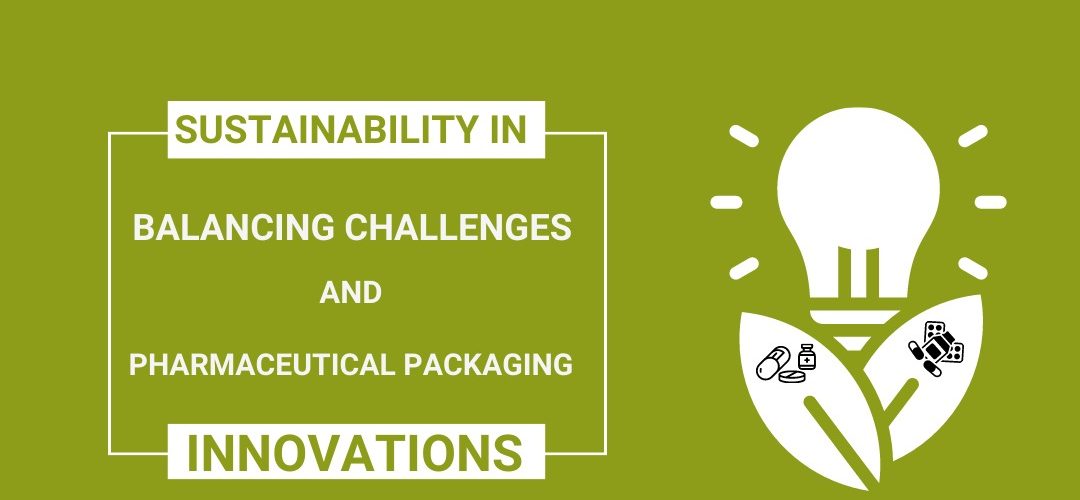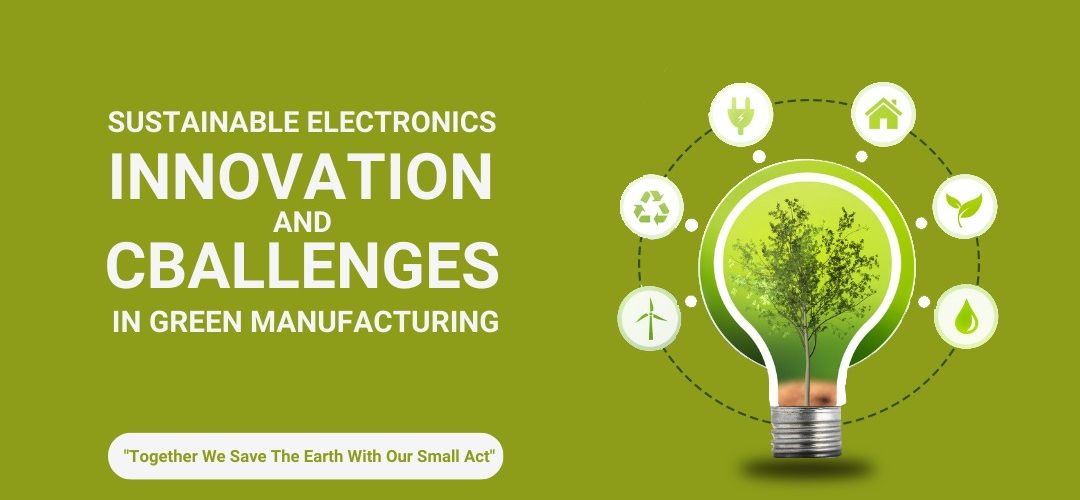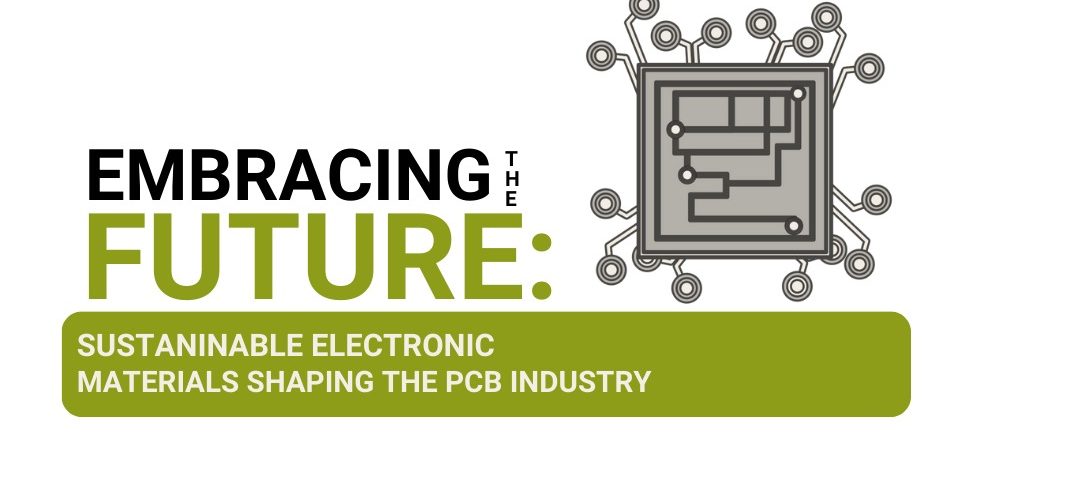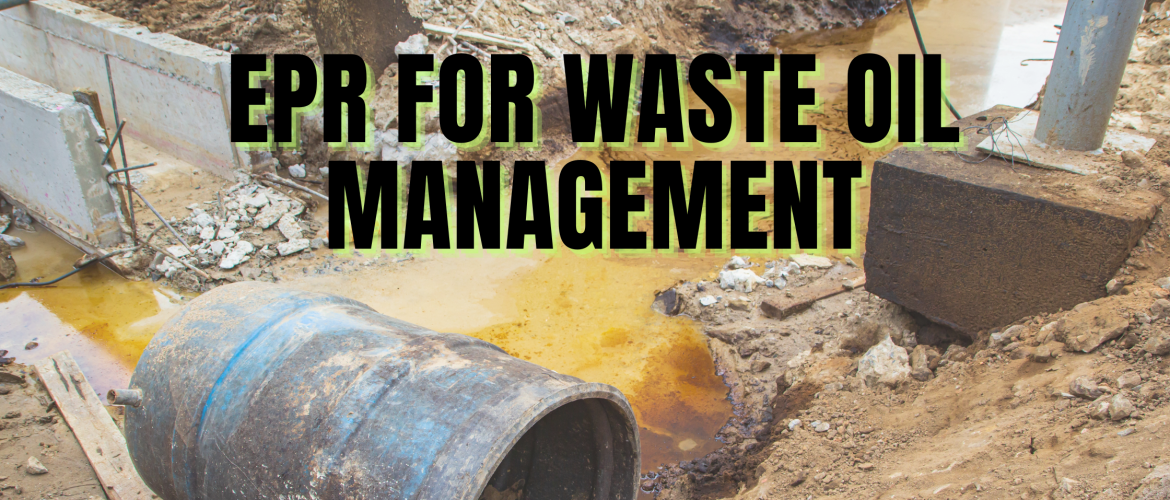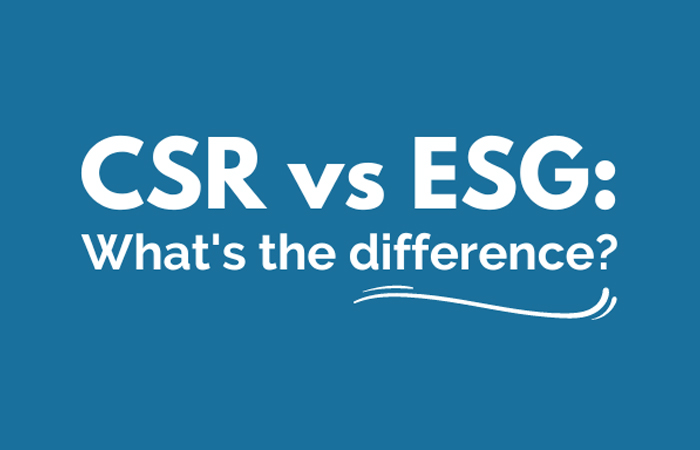In today’s day and age, any business being unsustainable is not only looked down upon but could also lead to its untimely collapse. With growing consumer knowledge and mandation of sustainable practices, to a certain degree, businesses have grown to adapt and organize themselves to meet the needs of all stakeholders. Banks, like many other businesses, generate various types of waste as part of their daily operations. The types of waste produced by banks can vary depending on their size, activities,
The pharmaceutical industry operates within a stringent regulatory framework that demands stringent safety and hygiene standards for packaging. These requirements extend beyond mere containment to ensuring that packaging materials do not introduce harmful substances into the enclosed products. Pharmaceutical packaging is driven by a triad of priorities: product protection, precision, and information dissemination. Given the criticality of safeguarding products, specific guidelines govern the choice of plastic materials. Material selection is closely tied to the composition of pharmaceutical substances, necessitating tailored solutions.
In a rapidly changing world, the electronics industry is at the cusp of a remarkable transformation – one driven by an urgent need for sustainability. As global greenhouse gas emissions continue to rise, and concerns over energy stability grow, the electronics sector, responsible for 4% of these emissions, is poised for a revolution. The quest for eco-friendliness and the drive to counter unpredictable energy costs have ignited a surge of innovation, shaping the landscape of electronics manufacturing. The Shift towards Sustainability At
Understanding recycling’s essence requires acknowledging the finite nature of resources. It also entails recognizing that recycling serves as the cornerstone of sustainability, an imperative for our species’ survival. Sustainability’s scope encompasses all facets of our professional lives, including PCB design engineers and creators. The urgency to diminish our environmental impact profoundly influences our manufacturing trajectory. Particularly, the peril posed by waste materials from PCBs as environmental contaminants underscores the necessity for change. But what does ‘sustainable’ truly mean for electronic materials? It
Introduction The fashion industry has undergone a profound transformation with the advent of fast fashion and e-commerce. While these trends have brought unprecedented convenience and affordability to consumers, they have also led to a staggering increase in clothing waste. In this blog, we will delve into the intricate relationship between fast fashion, e-commerce, and the alarming impact they have on clothing waste. From overproduction to unsustainable consumption, we’ll explore the hidden costs behind our desire for trendy clothes and how conscious
Bhutan has emerged as an exemplary nation with a remarkable achievement of net zero emissions, effectively curbing its carbon footprint and even transforming into a carbon sink, wherein it absorbs more carbon dioxide (CO2) than it releases. This noteworthy development was reported by The Bhutan Live on Tuesday. A recent report from the World Economic Forum highlighted that Bhutan, alongside seven other countries, has accomplished the impressive feat of attaining net zero emissions. Bhutan stands among the 196 nations that committed to
The pharmaceutical industry operates within a stringent regulatory framework that demands stringent safety and hygiene standards for packaging. These requirements extend beyond mere containment to ensuring that packaging materials do not introduce harmful substances into the enclosed products. Pharmaceutical packaging is driven by a triad of priorities: product protection, precision, and information dissemination. Given the criticality of safeguarding products, specific guidelines govern the choice of plastic materials. Material selection is closely tied to the composition of pharmaceutical substances, necessitating tailored solutions.
🌐🔌 One Nation, One Charger Policy: A Bold Step Towards E-Waste Reduction! 📱💻🔌 E-waste is a growing concern, and India is no exception. With approximately 3.4 lakh tonnes of e-waste generated in 2020-2021, the need for sustainable solutions is urgent. The government has taken action by implementing the Extended Producer Responsibility (EPR) framework, making producers responsible for their products’ life cycle. 🌿🔄 The National E-waste Management Rules 2016 further reinforce responsible disposal, establishing a nationwide collection system for e-waste. But the latest
Introduction The world is facing an ever-increasing challenge in managing waste, with hazardous materials like waste oil posing a significant threat to the environment and public health. As the demand for energy continues to rise, so does the generation of waste oil, making it crucial to adopt effective and sustainable waste management strategies. One such approach gaining traction globally is Extended Producer Responsibility (EPR). In this blog, we will explore the concept of EPR and its application for waste oil management. Understanding
India possesses a robust policy on Corporate Social Responsibility (CSR), which legally obligates corporations to partake in initiatives that contribute to the betterment of society. This mandate was enshrined in the Companies Act of 2013 through amendments passed in 2014 and 2021. According to these amendments, companies with a net worth of ₹500 crore (approximately $60 million) or a minimum turnover of ₹1,000 crore (approximately $120 million), or a net profit of ₹5 crore (approximately $6,05,800) in any given financial


